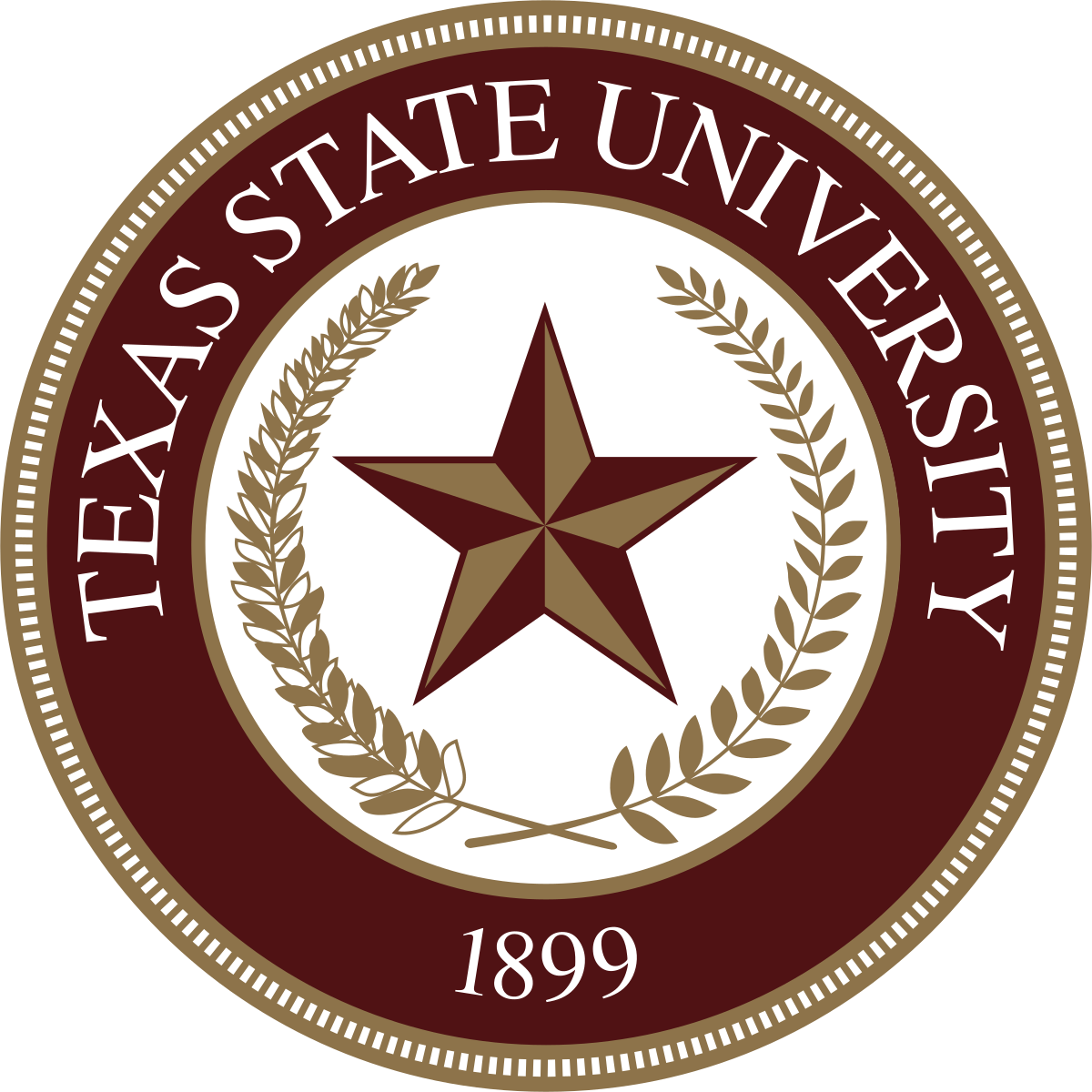
Licenciatura en Biología Acuática
San Marcos, Texas, EE.UU., Estados Unidos
Descripción general
La biología acuática se centra en los organismos acuáticos y sus relaciones con el medio ambiente. Nuestro personal docente trabaja en arroyos, ríos, manantiales, sistemas de cuevas, lagos, estanques, embalses y humedales. Sus investigaciones utilizan las instalaciones del edificio acuático Freeman, el criadero de peces federal cercano y los ecosistemas acuáticos naturales, desde los pantanos del este de Texas hasta el río Grande y los manantiales del Trans Pecos.
Los organismos estudiados incluyen peces e invertebrados bentónicos, ranas y salamandras, tortugas, serpientes, mamíferos acuáticos, aves y sus parásitos. La Maestría en Biología Acuática prepara a los estudiantes para una amplia gama de carreras en el área de recursos naturales.
El Programa de Maestría en Ciencias en Recursos Acuáticos de la Universidad Estatal de Texas es un programa multidisciplinario de estudio e investigación basado en las ciencias y los recursos acuáticos. Se trata de un programa de grado basado en tesis y los estudiantes del programa reciben su título a través del Departamento de Biología. Los estudiantes de posgrado que cursen una maestría en Recursos Acuáticos pueden seleccionar una de dos áreas de concentración para su trabajo de curso e investigación: Biología acuática o Sistemas acuáticos.
Los estudiantes de la especialidad de Biología Acuática se centrarán en la biología y ecología de los organismos acuáticos y en la comprensión de la dinámica y la gestión de los ecosistemas acuáticos. Los estudiantes de esta especialidad pueden centrarse en aspectos de la biología y ecología acuáticas a nivel de genes individuales y ecosistemas completos y los procesos que contienen.
Los estudiantes de la concentración en sistemas acuáticos se centrarán en la comprensión de la estructura y el funcionamiento de los sistemas acuáticos como entidades físicas, biológicas y socioeconómicas integradas y harán hincapié en las prácticas destinadas a proteger, mantener y restaurar la salud y el uso sostenible de estos recursos. Esta área de concentración fomenta la investigación de los sistemas acuáticos a nivel de cuenca hidrográfica, tal como se ven influenciados por los procesos atmosféricos y terrestres.
Los futuros estudiantes de posgrado interesados en el programa deben comunicarse con los posibles asesores que se enumeran a continuación. Esta es una lista de profesores que han participado recientemente en el asesoramiento de estudiantes en el programa.
Programas similares

24520 $ / años
Grado de Maestría / 24 meses
Admisión más temprana
febrero 2025
Fecha límite
marzo 2025
Costo bruto de la matrícula
24520 $
Costo de inscripción
90 $
Admisión más temprana
abril 2025
Fecha límite
octubre 2025
Costo bruto de la matrícula
34070 $
Admisión más temprana
mayo 2025
Fecha límite
junio 2025
Costo bruto de la matrícula
19500 £

23500 £ / años
Licenciatura de Tres Años / 36 meses
Admisión más temprana
enero 2024
Fecha límite
enero 2025
Costo bruto de la matrícula
23500 £
Costo de inscripción
27 £

24520 $ / años
Licenciatura / 48 meses
Admisión más temprana
septiembre 2024
Fecha límite
octubre 2024
Costo bruto de la matrícula
24520 $
Costo de inscripción
90 $



